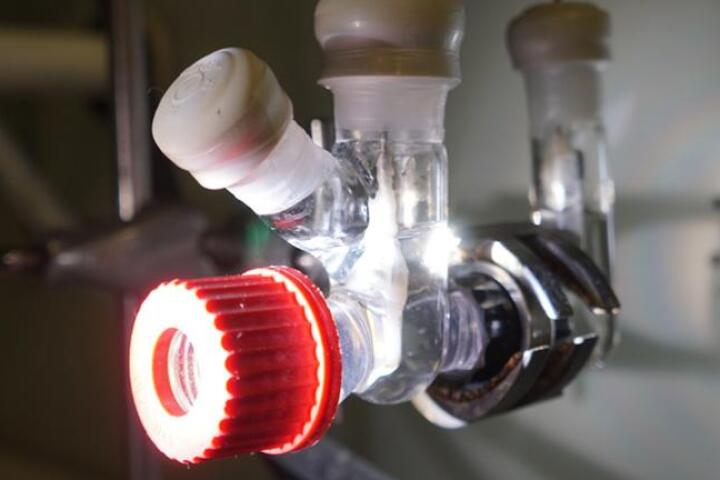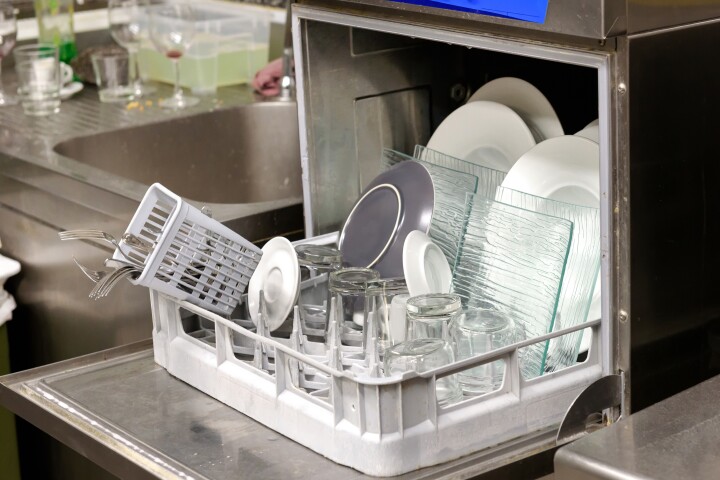Chemicals
-
The James Webb Space Telescope has made the first direct analysis of clouds on a nearby alien world. These aren’t just made of water vapor but also sand, which would move around the planet much like Earth’s water cycle.
-
A study has found that sex toys are an overlooked source of microplastics and phthalates, both of which can be toxic to humans. The findings highlight the need for greater regulation of the sex toy industry to ensure consumer safety.
-
A European study found that 90% of so-called eco-friendly paper straws contain “forever chemicals,” compounds that barely break down and can accumulate in our bodies, leading to health problems. The findings are consistent with previous US studies.
-
A new study led by scientists at Harvard Medical School has identified chemical cocktails that can restore cells to a more youthful state, paving the way for aging reversal treatments that are more accessible than gene therapy.
-
We've long known of a link between exercise and benefits to the brain, but there's a lot of mystery as to the precise processes involved. Scientists have unlocked another piece of the puzzle, showing how muscle cells fire up important neural pathways.
-
The negative health effects of chemicals called PFAS continue to be uncovered. Scientists from North Carolina State University (NCSU) have now shown that some types of PFAS can disrupt vital functions of immune cells.
-
Mosquito repellent is a key weapon to keep those biting bugs at bay, but it can be frustratingly fickle. Now researchers in Italy have developed new formulations that they say can last as long as eight hours, are odorless and boast other advantages.
-
Greenhouse gases and plastic waste are two of the biggest environmental problems the world faces today. A new reactor from Cambridge tackles both at once, converting CO2 and used plastic bottles into useful materials, powered entirely by sunlight.
-
New research is questioning the safety of certain chemicals used in dishwashing detergents after intestinal cell models revealed high doses of components in rinse aids can damage gut health.
-
PFAS are insidious pollutants thanks to their ubiquity, long life and a growing list of linked health concerns. But now researchers at UC Riverside have developed a new method to break them down more effectively, using hydrogen and UV light.
-
New research indicates exposure to low levels of a flavoring chemical called diacetyl in combination with a mild case of influenza can cause serious lung damage, so those with occupational exposure should be cautious of working while unwell.
-
Engineers at the University of Washington have designed a reactor that can completely destroy PFAS forever chemicals. The technology could help treat chemicals at manufacturing sites before they can leak out into the natural environment.
Load More











